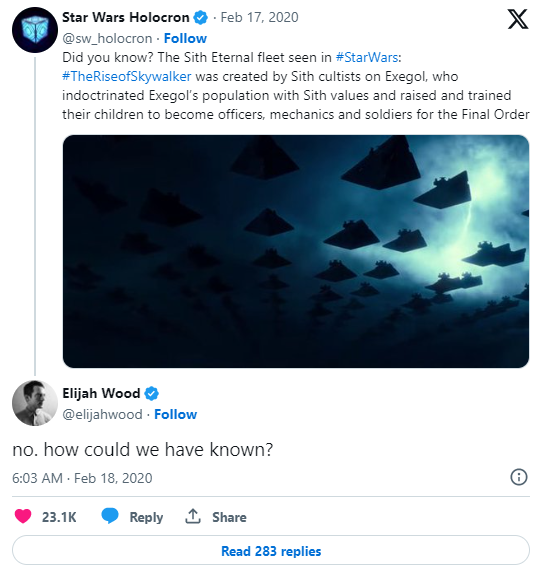I get where you're coming from. I just disagree with the base of it.
Martin does not give the reasons for every possible difference between his world and the real world. No. That really shouldn't be expected.
People apparently take issue with that, so i've taken to pondering HOW those differences came to be without having the actual information.
I think you still don't get what the actual criticism is, because your response is not a reaction to that criticism, but to a misrepresentation of it.
1. Nobody says Martin has to explain everything and write dozens of books of lore. The things he
does show have to make sense in relation to each other. Basically, what he's doing is the sociological equivalent of giving us a Mediaeval culture that has cars. But it has no gas, no oil, no refineries, no other advanced engineering. Just... cars. Without context or explanation. And I'm not exaggerating. That's
really how unrealistic some of his major assumptions are. Can you see how "Yeah, but they just have cars because it's not
our world!" would be a bit of a senseless way to excuse that? The problem isn't that it's different-- but that's different in a way that
makes no sense.
2. You making up your own fanon is fine, but I stress again that a fan theory doesn't excuse a lack of logic in the work itself. It's like this example here:
(In other words: the fact that someone can come up with an explanation for something outside of a work doesn't mean that the lack of an explanation isn't a fault of the work. Again, this doesn't mean that a work has to explain everything in an exhaustive manner. It does mean that a work has to make sense on its own, without relying on outside sources to "make sense
of it".)
I'm then told "yeah but you can't go point by point", so then I try to give a more broad, "the same set of circumstances didn't happen in that world" and then i'm told... there needs to be... seemingly point by point reasons why.
That's a false dichotomy. You act as if the only options are A) meaningless generalities or B) focus on isolated details devoid of context.
My whole point has been that you need to view everything as a whole, to see if the fictional world
makes sense. Not simplistic excuses like "it's like this because it's like this, deal with it" and not cherry-picked justifications like "
This could make sense if I invent
this explanation myself, and
that could make sense if I make up
that explanation".
Rather, the big picture. That's thinking along the lines of "how is this world different from what we see in the real world, and what would the results of those differences be?"
Asking
that kind of question is the sign of good world-building. It's also the bane of stuff like Martin's Planetos, because he
didn't ask those questions.
I'm defending him because this a forum where we talk about these things and I don't agree that the world building is shit... I think the world building is incredible in his work... it just doesn't match up to what some expect to see, and it does take the usual (to me completely acceptable) artistic liberties with some things. It's really not a big deal at all. It's just... an interesting discussion?
Sure if you want to argue that the agricultural infrastrure of Westeros was not well thought out... sure. Cool. What relevance does that have to the story? Do you really want to read a book that takes a deep dive into medieval farming and logistics? I don't.
Generally speaking, I think you have lower standards for what you accept in fiction than several others here. As evidence of this, I cite your positive remarks about two of the three SW sequels, and about some truly terrible Marvel dreck. Now, to be clear, if you enjoy a thing, then enjoy it.
Claiming that it's
good because you personally
like it, however, is a rather weak take.
In this case we are talking about world-building. Your response to this is: "
So what if if [a crucial, basic thing about how a society functions] is not well thought out? What's the relevance to the story?"
I conclude that you have no real clue what world-building
is. You're talking about
plot here. Now, I think Martin's ability to plot is also handicapped, but for the first few books, he was doing fine with the plotting, at least. But that doesn't mean the world-building is good! The example you cite is precisely evidence of
bad world-building. "But the plot is good!" is a nonsense reply. You can have greatly engaging stories in very badly-built worlds! (Two words: Harry Potter.)
This thread critiques world-building. You have a very vocal opinion on it, but you don't seem to even really know what it
is.

